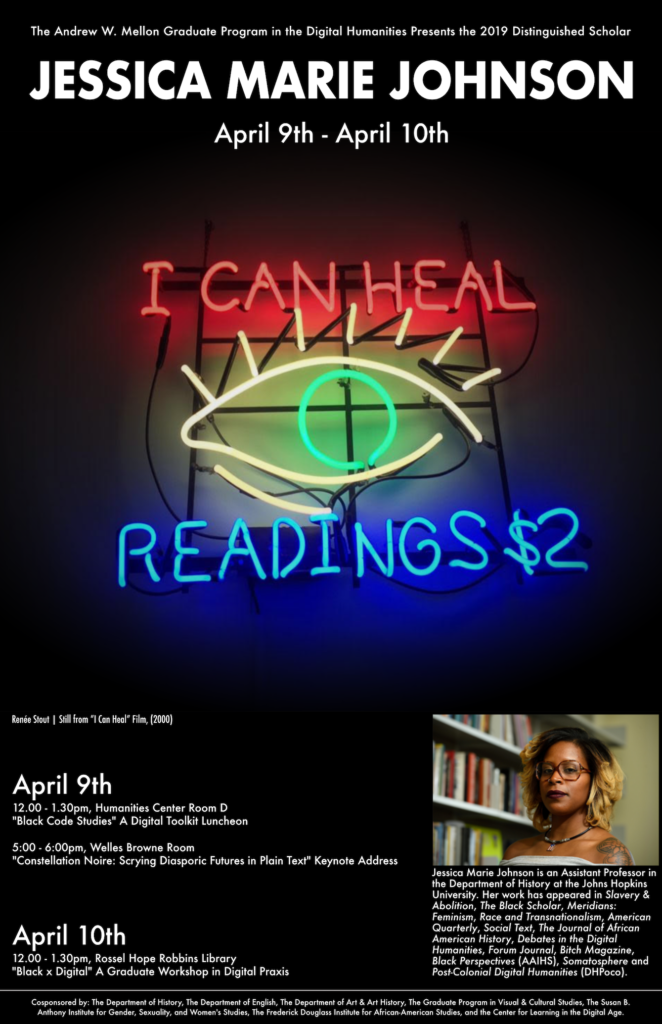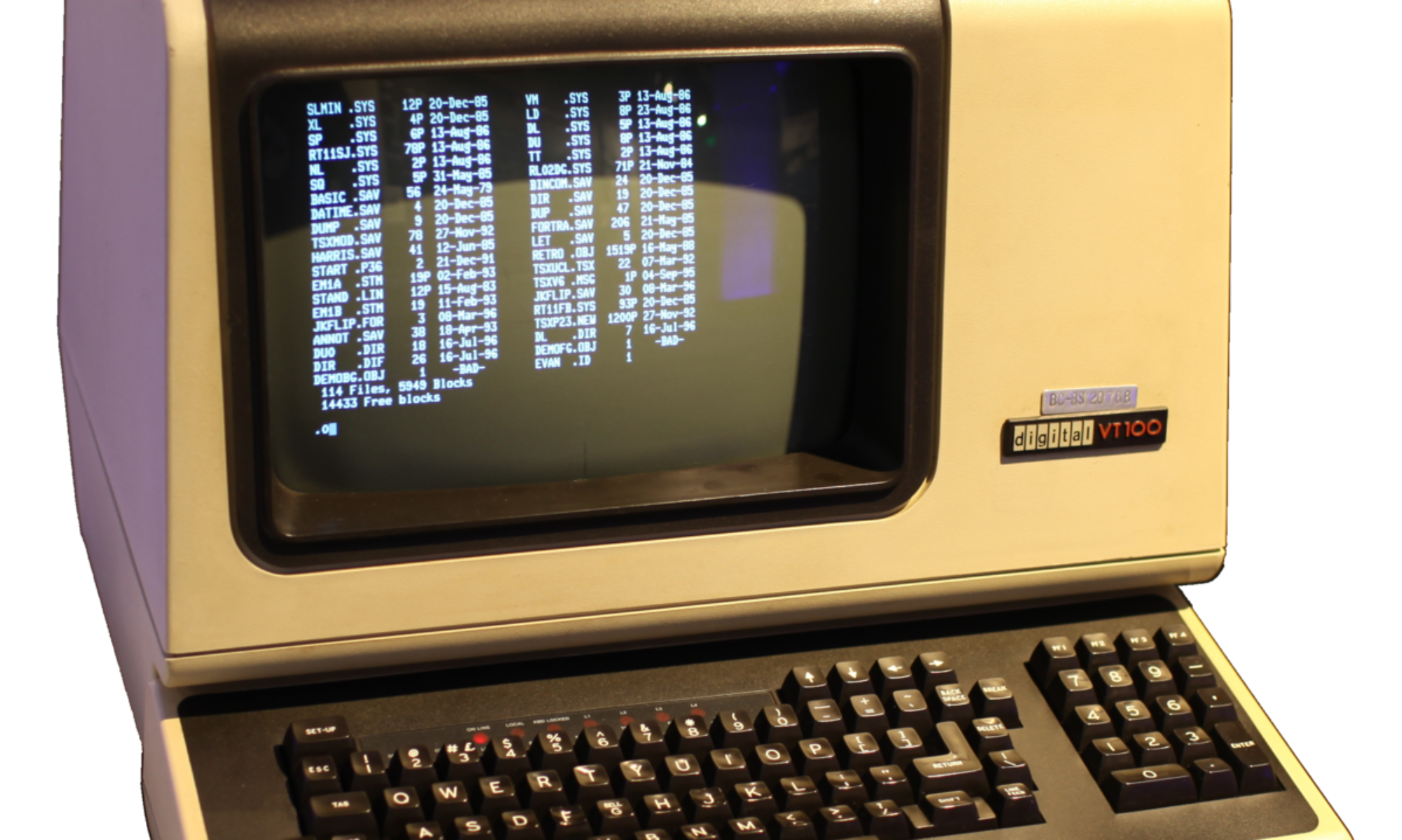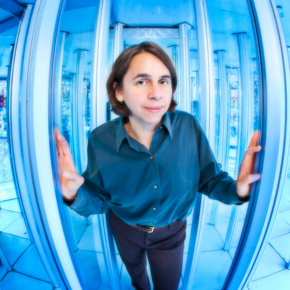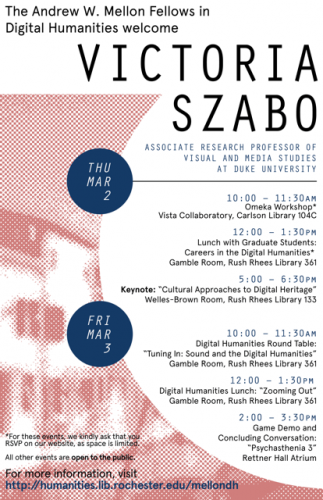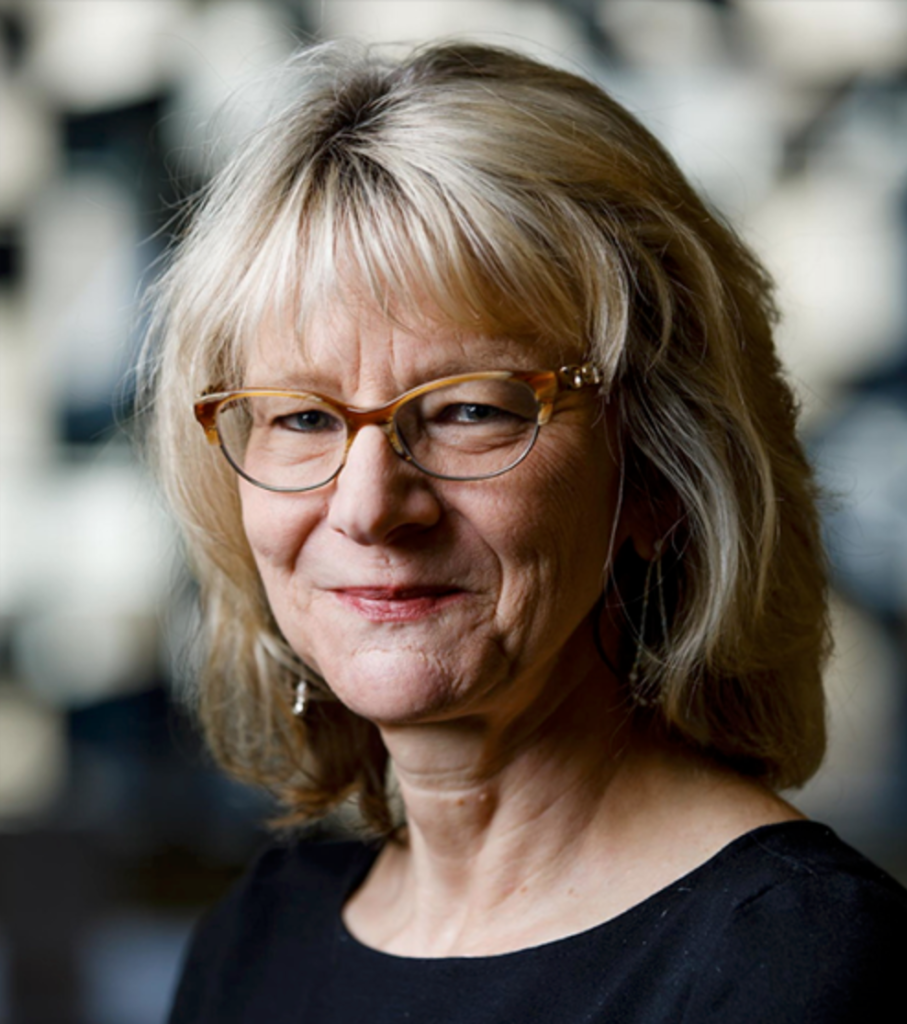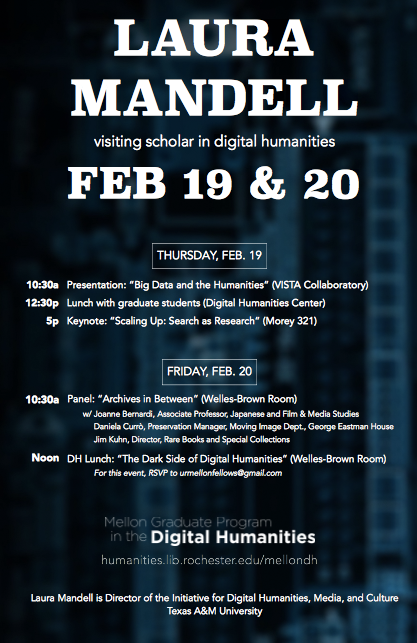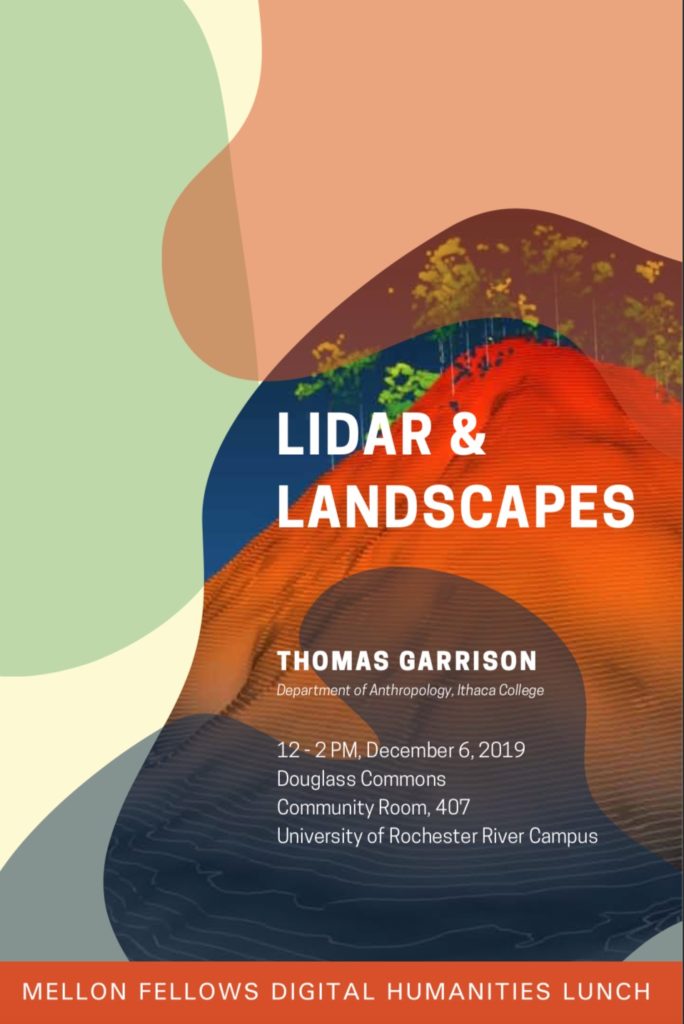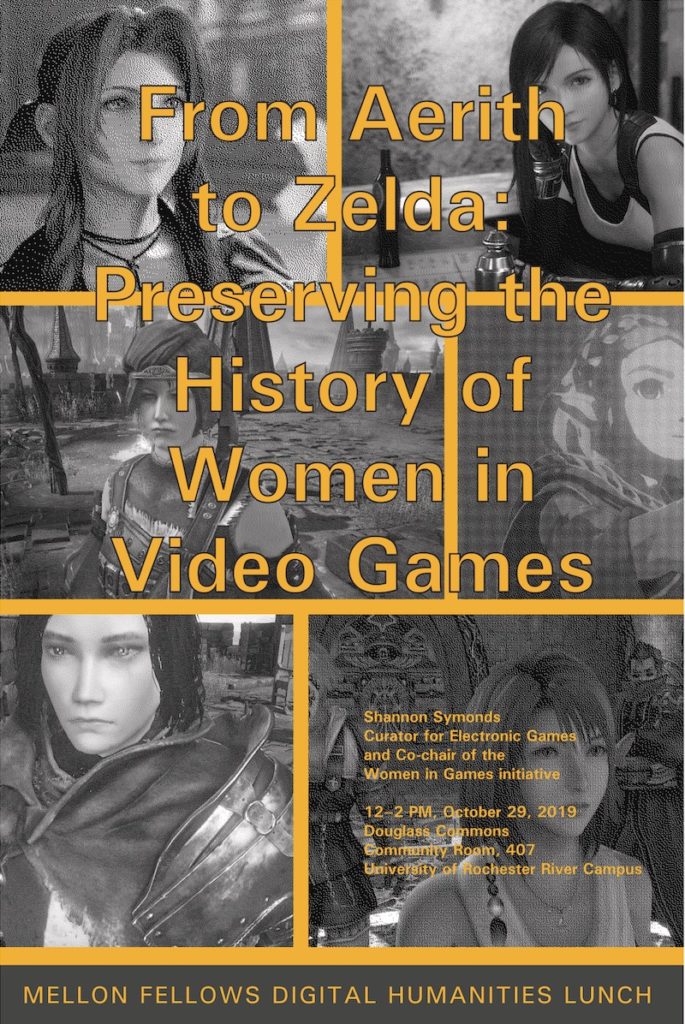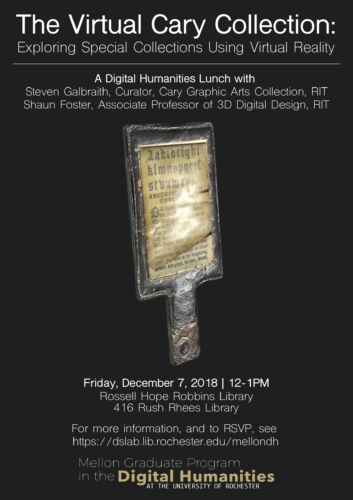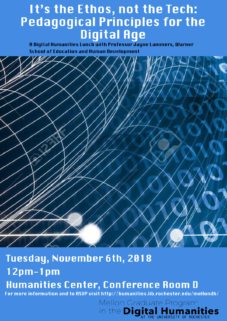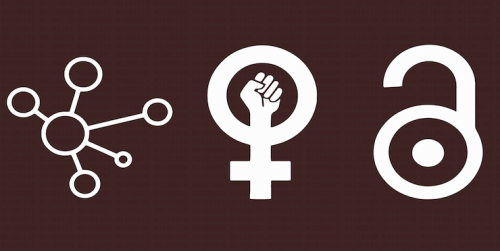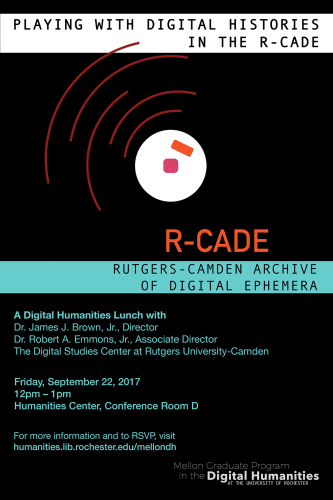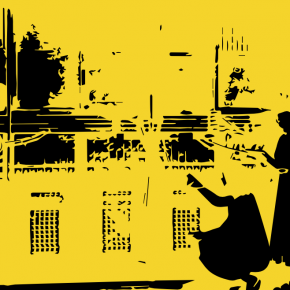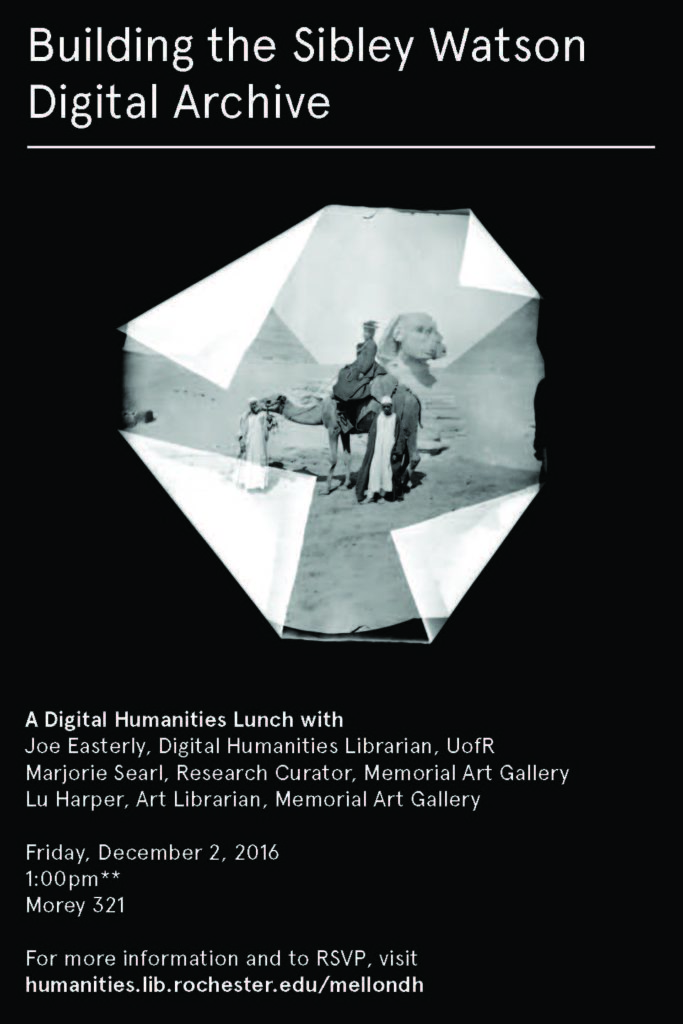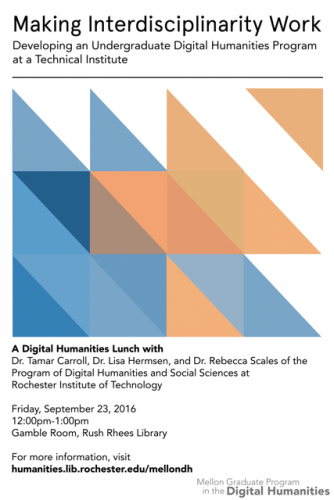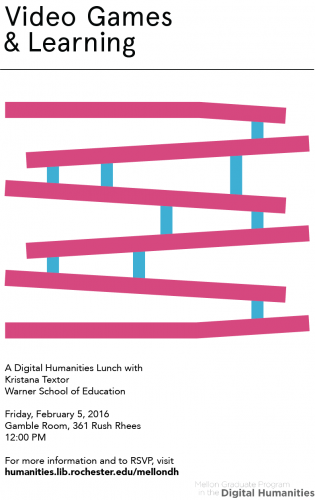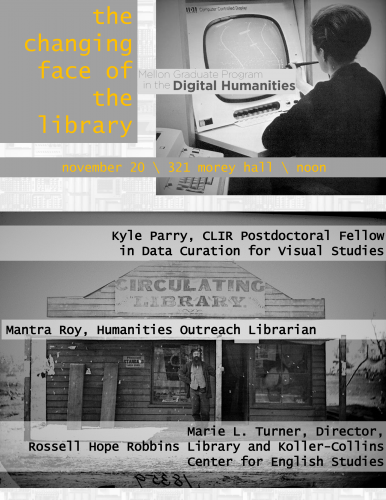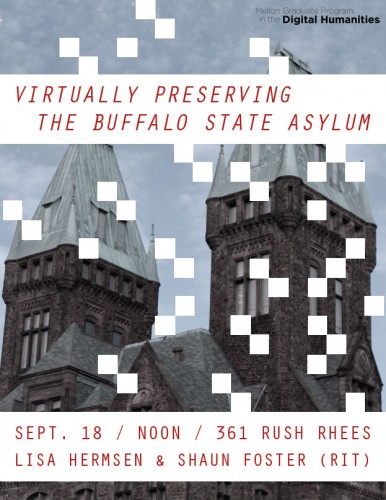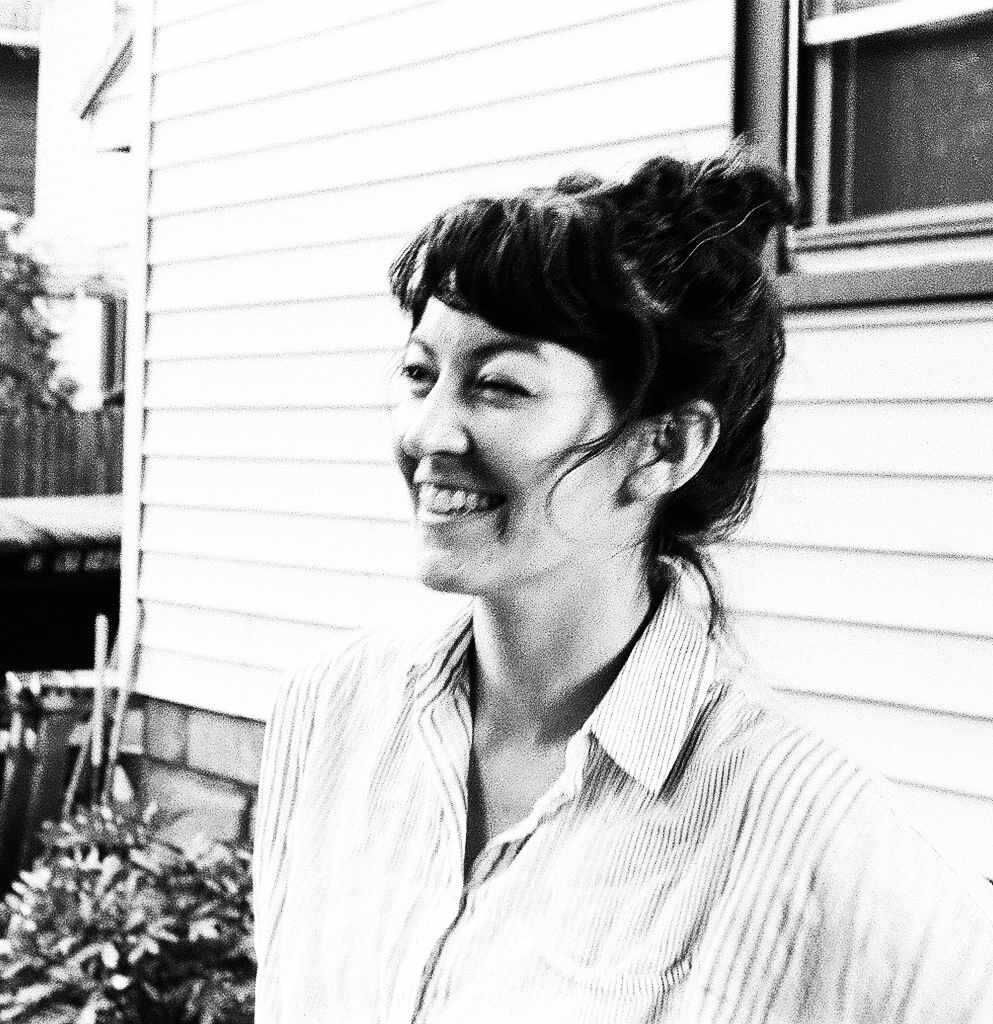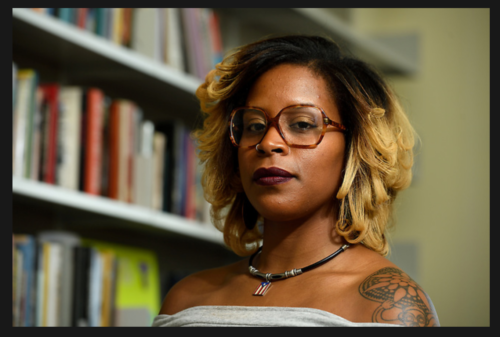
Jessica Marie Johnson is an Assistant Professor in the Department of History at the Johns Hopkins University.
Her work has appeared in Slavery & Abolition, The Black Scholar, Meridians: Feminism, Race and Transnationalism, American Quarterly, Social Text, The Journal of African American History, Debates in the Digital Humanities, Forum Journal, Bitch Magazine, Black Perspectives (AAIHS), Somatosphere, and Post-Colonial Digital Humanities (DHPoco). Johnson is a historian of Atlantic slavery and the Atlantic African diaspora. She is the author of Practicing Freedom: Black Women, Intimacy, and Kinship in New Orleans Atlantic World (University of Pennsylvania Press, under contract). She is co-editor with Dr. Mark Anthony Neal (Duke University) of Black Code: A Special Issue of the Black Scholar (2017), a collection of work exploring the field of Black Code Studies and editor of Slavery in the Machine: sx:archipelagos (forthcoming). She is founding curatrix at African Diaspora, Ph.D. or #ADPhD (africandiasporaphd.com), co-organizer of the Queering Slavery Working Group with Dr. Vanessa Holden (University of Kentucky), a member of the LatiNegrxs Project (lati-negros.tumblr.com), and a Digital Alchemist at the Center for Solutions to Online Violence (http://femtechnet.org/csov/).
April 9th: Black Code Studies: A Digital Toolkit Luncheon
A skillshare and discussion of how #BlackCodeStudies informs and operates in digital humanities and the humanities more broadly. Bring your favorite tools, projects and skills you are willing to share to keep the conversation going! Constellation Noire: Scrying Diasporic Futures in Plain Text
Public lecture followed by a reception
Black digital practice holds space for Black life to be seen without the rancor of the voyeur, appreciated without the demand for consumption. What makes this rich and deep intellectual work so powerful is the way it challenges the container of West and Western thought. This talk discusses black digital practice and the ways black theory, black thought, and black study can remake our engagement with the digital, offering terrestrial and extraterrestial reformulations of being.
April 10th: Black x Digital: A Graduate Workshop in Digital Praxis Learn more about the ways black studies intersects with digital practice and the digital humanities. Johnson will showcase select projects (including her own) that do this work in various ways and lead a series of exercise on how to think about Black Studies in conversation with doing digital work.
This program is co-sponsored by the Department of History, the Department of Art and Art History, the Department of English, the Graduate Program in Visual and Cultural Studies, the Frederick Douglass Institute for African and African-American Studies, the Susan B. Anthony Institute for Gender, Sexuality, and Women’s Studies, the Center for Learning in the Digital Age (LiDA), the Digital Scholarship Lab, and the University Committee for Interdisciplinary Studies.
